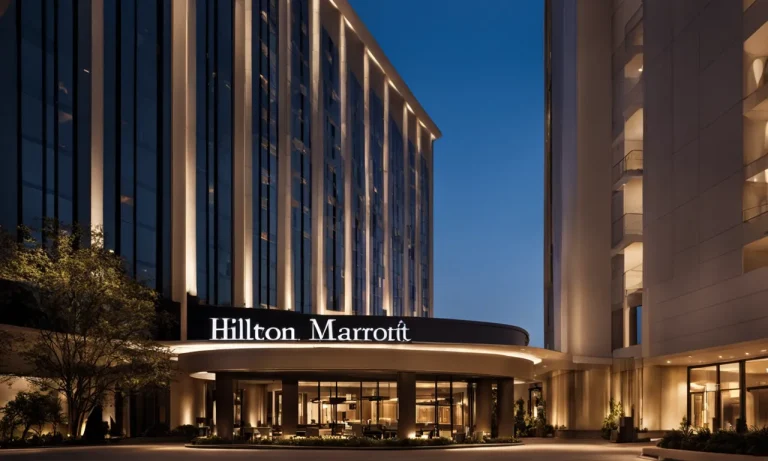Opening and running a hotel can be an exciting business venture, but it also requires careful financial planning and cost management.
If you’re short on time, here’s the key takeaway: There are two main types of operating costs involved in running a hotel, the fixed costs and variable costs. Understanding both types of operating costs is crucial for managing your hotel’s finances effectively.
In this comprehensive guide, we’ll look at the various operating expenses involved in hotel operations to help you understand all the costs associated with running a profitable lodging establishment.
Fixed vs Variable Costs
When it comes to hotel operating costs, it’s important to understand the difference between fixed and variable costs.
Fixed costs are expenses that do not change regardless of the level of occupancy or the number of guests staying at the hotel. On the other hand, variable costs are directly related to the hotel’s occupancy and can fluctuate depending on factors such as the number of guests, the season, and the level of service provided.
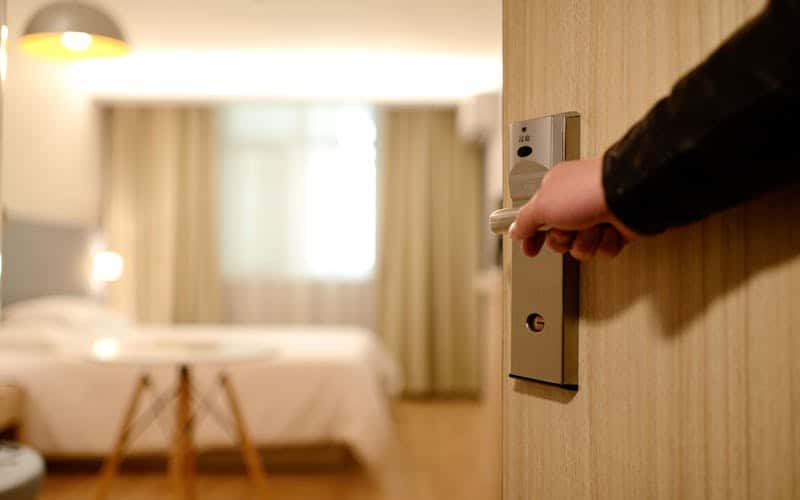
Definitions and examples of fixed and variable costs
Fixed costs are often referred to as “overhead” costs and include expenses such as rent or mortgage payments, property taxes, insurance premiums, and salaries of management and administrative staff. These costs remain consistent regardless of the hotel’s occupancy rate or revenue.
Variable costs, on the other hand, are directly tied to the hotel’s operations and can vary based on factors such as the number of guests staying in the hotel, the level of service provided, and the seasonality of the business. Examples of variable costs in a hotel include housekeeping supplies, guest amenities, utility bills, food and beverage costs, and sales and marketing expenses.
Breakdown of typical fixed costs for a hotel
Fixed costs can make up a significant portion of a hotel’s operating expenses. Here is a breakdown of some typical fixed costs that hotels incur:
- Rent or mortgage payments: This is often the largest fixed expense for a hotel.
- Property taxes: Hotels are subject to property taxes based on the value of their property.
- Insurance premiums: Hotels need various types of insurance coverage, including property insurance, liability insurance, and workers’ compensation insurance.
- Salaries of management and administrative staff: This includes the salaries of general managers, front desk managers, accounting staff, and other administrative personnel.
These fixed costs are essential for the hotel’s daily operations and are often necessary to ensure the smooth running of the business.
Overview of variable operating expenses
Variable operating expenses are directly tied to the hotel’s occupancy and can vary depending on the level of business activity. These expenses can include:
- Housekeeping supplies: The cost of cleaning supplies, toiletries, and linens.
- Guest amenities: The cost of providing amenities such as shampoo, soap, and towels to guests.
- Utility bills: Including electricity, water, and gas.
- Food and beverage costs: The cost of providing meals and drinks to guests, as well as the cost of purchasing and maintaining kitchen equipment.
- Sales and marketing expenses: This includes advertising, promotions, and the cost of acquiring new customers.
Variable operating expenses can be more difficult to control and can fluctuate based on factors such as occupancy rates and the overall demand for hotel services. Hotels must carefully manage these costs to maintain profitability and ensure the smooth operation of their business.
Key Fixed Operating Costs
Property taxes
Property taxes are a significant fixed operating cost for hotels. These taxes are imposed by local governments and are based on the assessed value of the property. The rates vary depending on the location and size of the hotel.
It is important for hotel owners and operators to budget for property taxes as they can have a significant impact on the overall operating expenses.
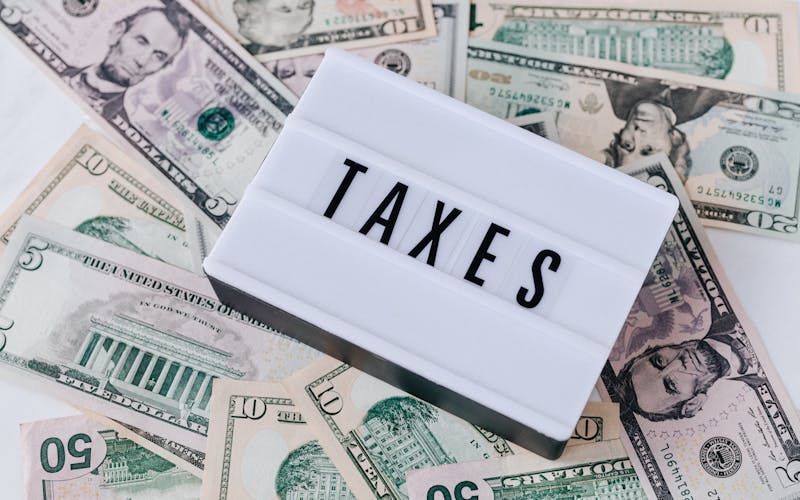
Insurance
Insurance is another key fixed operating cost for hotels. It is crucial for hotel owners to protect their property and assets against potential risks and liabilities.
Insurance policies typically cover property damage, liability claims, and workers’ compensation. The cost of insurance can vary depending on factors such as the size of the hotel, its location, and the level of coverage required.
Rent/mortgage payments
Rent or mortgage payments are a major fixed operating cost for hotels. If a hotel is leased, the owner has to pay monthly rent to the landlord. On the other hand, if the hotel is owned, mortgage payments need to be made.
The amount of rent or mortgage payments depends on factors such as location, size, and condition of the property. It is essential for hotel owners and operators to factor in these costs when budgeting for operating expenses.
Salaries and benefits
Salaries and benefits for hotel staff are a significant fixed operating cost. Hotels employ a large number of employees, including front desk staff, housekeeping, maintenance, and management personnel.
The wages and benefits offered to these employees contribute to the overall operating expenses. It is important for hotels to attract and retain skilled employees by offering competitive compensation and benefits packages.
Property maintenance
Property maintenance is an essential fixed operating cost for hotels. Regular maintenance and repairs are necessary to keep the property in good condition and ensure guest satisfaction. This includes routine upkeep of guest rooms, common areas, and outdoor spaces.
The cost of property maintenance can vary depending on the size and age of the hotel, as well as the level of upkeep required.
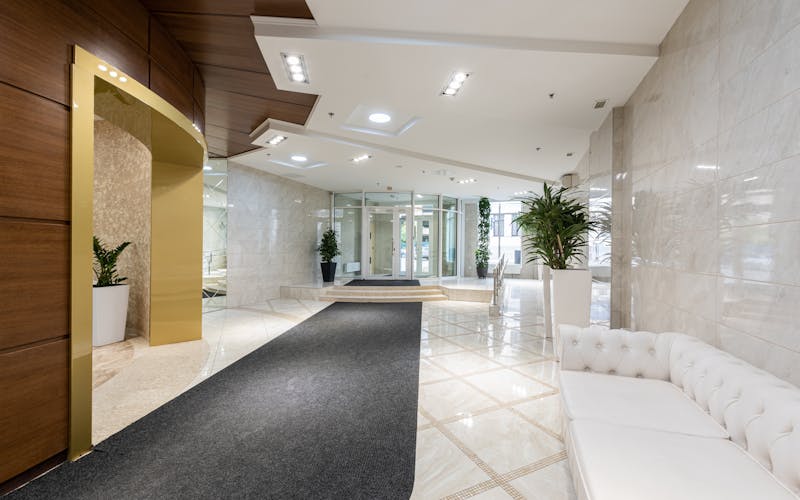
Franchise fees
Franchise fees are applicable to hotels that operate under a franchise agreement. These fees are paid to the franchisor in exchange for using their brand name, marketing support, and operational guidance. Franchise fees are typically based on a percentage of the hotel’s revenue.
They are an important fixed operating cost that hotel owners need to consider when deciding to operate under a franchise model.
Marketing expenses
Marketing expenses are necessary for hotels to attract guests and generate revenue. This includes advertising, website development, social media campaigns, and other promotional activities. The cost of marketing can vary depending on the hotel’s target audience, competition, and desired level of exposure.
Hotel owners and operators need to allocate a portion of their budget to marketing expenses to ensure a steady flow of bookings.
IT expenses
IT expenses are a fixed operating cost that hotels need to consider in today’s digital age. This includes purchasing, maintaining, and upgrading computer systems, software, and networking infrastructure.
Additionally, hotels need to invest in cybersecurity measures to protect guest data and prevent cyber-attacks. The level of IT expenses can vary depending on the size and complexity of the hotel’s technology infrastructure.
Accounting and legal fees
Accounting and legal fees are necessary for hotels to comply with financial regulations and handle legal matters. This includes preparing financial statements, tax filings, and ensuring compliance with labor laws.
Hotels may also require legal assistance for contract negotiations, lease agreements, and other legal issues. The cost of accounting and legal services can vary depending on the complexity of the hotel’s operations and the level of professional expertise required.

Variable Operating Expenses
When it comes to hotel operating costs, variable expenses play a significant role. These expenses can fluctuate based on various factors such as occupancy rates, seasonal demands, and guest preferences.
In this section, we will take a closer look at some key variable operating expenses that hotels incur.
Housekeeping costs
One of the major variable expenses for hotels is housekeeping costs. These include the wages and benefits paid to housekeeping staff, as well as the cost of cleaning supplies and equipment. Housekeeping costs can vary depending on factors such as the size of the hotel, the number of rooms, and the level of cleanliness expected by guests.
According to a study conducted by Hotel News Resource, housekeeping costs typically account for around 8-15% of a hotel’s total operating expenses.
Food and beverage costs
Another significant variable expense for hotels is food and beverage costs. This includes the cost of purchasing ingredients, preparing meals, and serving drinks to guests. Food and beverage costs can vary depending on factors such as menu offerings, food quality standards, and the number of guests served.
According to a report by Hotel Management, food and beverage costs typically range from 25-40% of a hotel’s total revenue.
Commissions
Commissions are a variable expense that hotels incur when they partner with online travel agencies (OTAs) and third-party booking platforms. These platforms charge hotels a commission fee for each booking made through their website.
The commission rate can vary depending on the agreement between the hotel and the OTA. According to a survey conducted by HospitalityNet, hotels typically pay a commission rate of 15-25% on bookings made through OTAs.
Utilities
Utilities such as electricity, water, and gas are variable expenses that hotels need to account for. These costs can vary depending on factors such as the size of the hotel, the number of rooms, and the season.
Hotels can implement energy-efficient measures to reduce utility costs, such as installing LED lighting and implementing water-saving initiatives. According to the American Hotel & Lodging Association, utilities typically account for around 4-6% of a hotel’s total operating expenses.
Linen costs
Linen costs refer to the expenses incurred in purchasing, cleaning, and maintaining bed sheets, towels, and other linens used in guest rooms. The cost of linens can vary depending on factors such as the quality of the materials and the number of rooms in the hotel.
Hotels can explore options such as outsourcing laundry services or implementing eco-friendly practices to reduce linen costs. According to a study by Hotel Management, linen costs typically account for 3-5% of a hotel’s total operating expenses.

Guest supplies and amenities
Guest supplies and amenities, such as toiletries, slippers, and coffee makers, are variable expenses that hotels need to consider. These costs can vary depending on factors such as the quality of the supplies, the number of guests, and the duration of their stay.
Hotels can negotiate bulk purchasing agreements with suppliers to reduce costs and provide a pleasant guest experience.
Credit card fees
Credit card fees are a variable expense that hotels incur when guests choose to pay with credit cards. These fees are typically charged as a percentage of the transaction amount.
The exact fee percentage can vary depending on the hotel’s agreement with the credit card processor. Hotels can explore options such as negotiating lower transaction fees or offering alternative payment methods to reduce credit card fees.
Understanding and effectively managing variable operating expenses is essential for hotel owners and operators.
By analyzing these costs and implementing strategies to optimize them, hotels can improve their profitability and provide a better experience for their guests.
Other Semi-Variable Costs
Labor costs
One of the significant semi-variable costs that hotels have to deal with is labor costs. These costs include wages, salaries, benefits, and overtime pay. Labor costs can vary depending on the number of guests, seasonal fluctuations, and the level of service provided by the hotel.
For example, during peak tourist seasons, hotels may need to hire additional staff to handle the increased workload. On the other hand, during off-peak seasons, hotels may have to reduce staff to cut down on expenses.
It is essential for hotel managers to find the right balance between maintaining high-quality service and managing labor costs efficiently.
Repairs and maintenance
Another semi-variable cost that hotels face is repairs and maintenance. Hotels have a constant need for repairs and maintenance to keep their facilities in top shape. This includes fixing broken equipment, replacing worn-out furniture, and conducting routine maintenance tasks.
While some repairs and maintenance costs are predictable and can be budgeted for, unexpected issues can arise, leading to additional expenses. Hotels must allocate sufficient funds in their budget to cover these costs and ensure that their facilities are well-maintained to provide a pleasant experience for guests.

Travel agent commissions
Hotels often rely on travel agents to help them fill their rooms and attract guests. When a hotel partners with a travel agent, they agree to pay a commission on each booking made through the agent. The commission is typically a percentage of the booking value.
Travel agent commissions can be a semi-variable cost as they are directly linked to the number of bookings made through agents. Hotels may negotiate different commission rates with different agents or use online travel agencies that charge a fixed commission rate.
It is important for hotels to carefully assess the value they receive from travel agent partnerships to determine if the commission expense is justified.
Understanding and managing these semi-variable costs is crucial for hotel operators. By monitoring labor costs, optimizing repairs and maintenance, and evaluating travel agent partnerships, hotels can effectively control their operating expenses and improve their overall profitability.
Improving Profitability
When it comes to running a successful hotel, improving profitability is a key goal for every owner or manager. By implementing strategies to increase revenue and control operating costs, hoteliers can maximize their profits.
In this article, we will explore some effective ways to improve profitability in the hotel industry.
Strategies for increasing revenue
One of the most impactful ways to improve profitability is by finding innovative ways to increase revenue. Hoteliers can consider implementing the following strategies:
- Expanding marketing efforts to attract new guests
- Offering special promotions and packages to boost bookings
- Developing partnerships with local businesses or attractions to create mutually beneficial packages
- Enhancing the guest experience to encourage repeat visits and positive reviews
By implementing these strategies, hotels can increase their occupancy rates and average daily rates, resulting in higher revenue.
Tips for controlling variable costs
Variable costs, such as labor, food, and supplies, can significantly impact a hotel’s operating expenses. By implementing the following tips, hoteliers can effectively control these costs:
- Optimizing staff scheduling to ensure efficient use of labor
- Negotiating better prices with suppliers
- Implementing inventory management systems to reduce waste and spoilage
- Encouraging energy-saving practices among employees
By monitoring and controlling variable costs, hotels can maintain a healthy bottom line while providing exceptional service to their guests.
Renegotiating fixed expenses
Fixed expenses, such as rent, property taxes, and insurance, can often be negotiated to reduce costs. Hoteliers can consider the following strategies:
- Reviewing contracts with vendors and suppliers to identify potential cost savings
- Comparing insurance policies from different providers to find the best rates
- Renegotiating lease agreements with landlords
By actively seeking opportunities to renegotiate fixed expenses, hotels can reduce their operating costs and improve their profitability.
Outsourcing services to reduce labor costs
Labor costs can be a significant portion of a hotel’s operating expenses. By outsourcing certain services, such as housekeeping or maintenance, hotels can effectively reduce labor costs. Outsourcing can offer the following benefits:
- Access to specialized expertise
- Flexibility in staffing levels
- Reduced administrative burden
By outsourcing non-core functions, hotels can focus on providing exceptional guest experiences while saving on labor costs.
Investing in energy efficiency
Energy costs can be a significant expense for hotels. By investing in energy-efficient technologies and practices, hotels can reduce their utility bills and improve their bottom line. Some energy-saving measures that hotels can consider include:
- Installing energy-efficient lighting and HVAC systems
- Implementing smart thermostats and occupancy sensors
- Offering incentives for guests to conserve energy
By making these investments, hotels can not only reduce their operating costs but also demonstrate their commitment to sustainability, which can be a strong selling point for eco-conscious travelers.
Improving profitability in the hotel industry requires a strategic approach that focuses on increasing revenue and controlling operating costs. By implementing the strategies and tips discussed in this article, hoteliers can optimize their profits and create a successful and sustainable business.
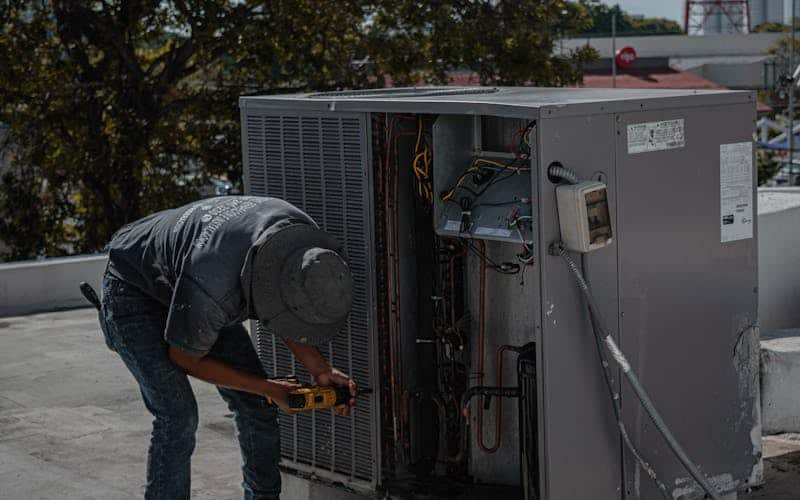
Conclusion
Operating a profitable hotel requires keeping both fixed and variable costs under control.
While fixed expenses like rent and insurance remain steady, variable costs like utilities and supplies fluctuate based on occupancy and revenue.
By understanding the main drivers of hotel operating costs, managers can better budget for profitability and find opportunities to boost the bottom line through higher revenues or lower variable expenses.






